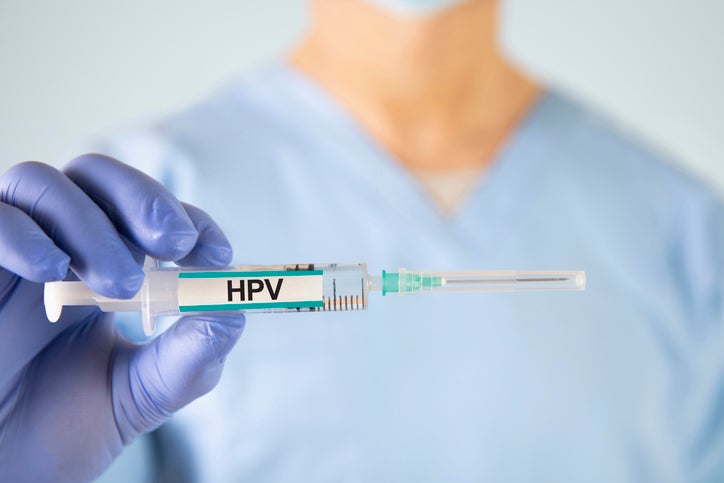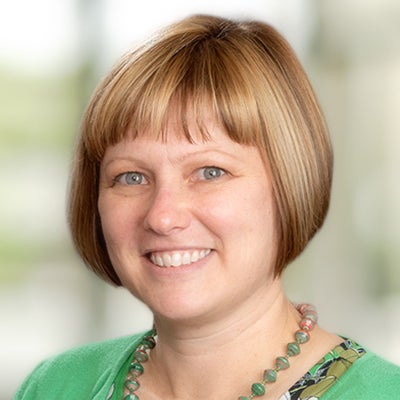
My daughter just turned 13. She is at that age where there are 50 plushies piled high on her bed and a boy named Blake that she is crushing on. It is a sweet age. It’s also a tough age. It’s the age that she is no longer a little girl. She is growing up fast and I want to protect her.
When she turned 12, I consented for her to have the HPV (Human Papillomavirus) vaccine at her yearly doctor’s appointment. As a family doctor, I understand the risks of a future HPV infection to women (and to men). I know the HPV vaccine is the only vaccine that is available to prevent not only infection but cancer.
When I speak to families about vaccinations in my office, I am often met with their resistance to the HPV vaccine for preteens and teens. There are many factors for parents’ hesitation, most commonly that HPV is a sexually transmitted disease. Parents have also become more cautious about vaccines in general. There is so much misinformation available through the internet about vaccines, that parents often don’t know what to believe so they elect not to administer any vaccine at all.
When educating parents, it is helpful to have talking points to help guide them in their decision-making. Making sure that parents understand that by giving the HPV vaccine they are preventing cancer is one of the strongest arguments for HPV vaccination. The following are useful when I am speaking with parents in a clinical setting:
- HPV is such a common infection, that nearly everyone will get HPV at some point in their lives. It is most commonly spread through skin-to-skin contact.
- Most HPV infections resolve on their own and not all HPV strains will cause cancer.
- When HPV strains cause cancer, they are of the genitals and mouth/throat of both women and men.
- HPV vaccines can prevent 90% of cancers caused by HPV.
- It is important that a child is vaccinated BEFORE exposure to the HPV virus because it is so effective at preventing these cancers.
- Cervical cancer in women caused by HPV was once the leading cause of cancer death in women in the US, now it is one of the most preventable because of the vaccine.
- The HPV vaccine can be administered between the ages of 9-45. It is considered a very safe vaccine and has been approved by the FDA.
- The most common side effects are not unlike side effects for any vaccine; swelling at the injection site, fever, nausea, muscle pain, lightheadedness.
Helping parents understand the importance of HPV vaccination for cancer prevention will continue to impact their children into the future. Protecting them today, before HPV exposure, will prevent countless HPV-related cancers.
RESOURES: CDC About HPV, Health.Gov Get Your Child HPV Vaccine, CDC Vaccine Safety
About the Author


